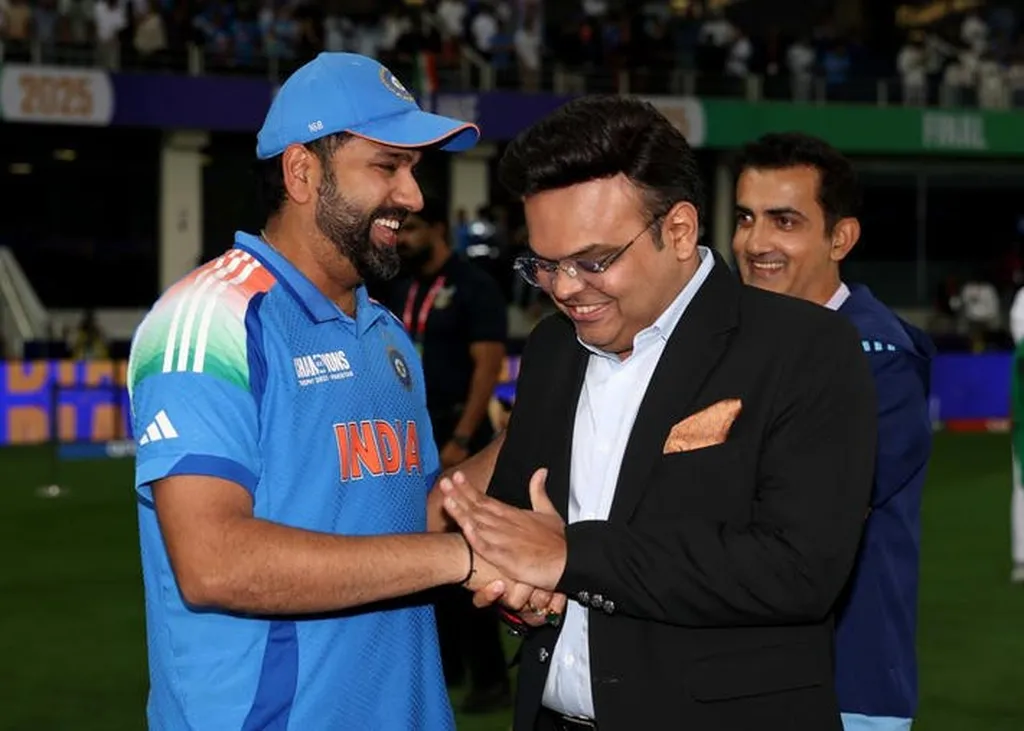The AMET Global Maritime Summit (AGMS) 2025 and the AMET Global Maritime Awards (AGMA) 2025, jointly organized by the Dr. J. Ramachandran Maritime Foundation and AMET University, wrapped up on July 2, 2025, at the Anna Centenary Library Auditorium in Chennai. This event brought together over 1200 delegates from more than 15 countries, representing a mix of academia, industry, policy-making, and maritime leadership. The summit underscored its growing importance as a key international forum for advancing maritime discourse, innovation, and sustainability.
The summit’s theme, “Sailing Towards Sustainability – Navigating the Future of the Maritime Industry,” set the tone for addressing critical challenges facing the maritime sector. Key thematic areas included green shipping, maritime education and training, seafarer wellbeing, digital transformation, and ocean sustainability. These topics reflect a collective commitment to navigating the complexities of the maritime industry in the face of evolving global demands and environmental concerns.
The inaugural ceremony kicked off with a traditional Tamil Thai Vazhthu invocation, setting a respectful and unified atmosphere. Capt. K. Karthik, Principal of the AMET Institute of Science and Technology, emphasized the importance of bridging academic knowledge with practical industry needs, particularly in sustainability. Prof. Dr. V. Rajendran, Vice-Chancellor, introduced the dignitaries, followed by the presidential address of Dr. J. Ramachandran, Founder-Chancellor of AMET University. Dr. Ramachandran highlighted the university’s strategic partnerships, including the Maersk Centre of Excellence and a new collaboration with Arizona State University for joint UG and MBA programmes integrating maritime studies and AI.
Capt. Mohan Naik, Director of Dynacom Tankers Management Pvt Ltd, underscored the imperative of embedding sustainability in every maritime operation—from ship recycling to autonomous navigation—and stressed mental health support as essential for seafarer wellbeing. He called upon maritime institutions to prepare cadets for rapidly evolving technologies and regulatory frameworks. Capt. Karan Kochhar, Head of Marine People (Asia), Maersk Fleet Management, praised AMET’s legacy in training seafarers and highlighted the central role of people, especially young cadets, in driving sustainable maritime innovation. He urged the cadets to embody resilience and humility as future maritime leaders.
A landmark moment was the signing of an MoU between AMET University and Arizona State University, launching joint academic initiatives such as integrated UG (4+1) degrees, dual-campus MBA programmes, and executive courses aimed at developing future-ready maritime professionals. This collaboration signals a significant step towards integrating advanced technologies and sustainable practices into maritime education.
The summit featured a dynamic series of panel discussions and technical sessions designed to foster interdisciplinary dialogue. Panel I, “Will Humanities and Soft Skills Training Result in More Competent Officers?”, moderated by Ms. Harjeet Kaur Joshi, former CMD of Shipping Corporation of India, highlighted how empathy, communication, and cultural sensitivity are essential leadership qualities. Panelists advocated integrating maritime psychology and environmental ethics into curricula to enhance crew welfare and operational effectiveness.
Panel II, “Legal Recourses for Harassment at Sea – A Case Study Approach,” led by advocate Ms. S. Priya of Venki’s Law, Mumbai, focused on harassment issues at sea, legal frameworks, and organizational responsibilities. Emphasis was placed on creating psychologically safe environments and enforcing comprehensive anti-harassment policies aligned with national and international maritime laws.
Panel III, “Can Social Media Save the Seas?”, moderated by C/E Sridhar V, CTO of Maritime EdTech Academy, included four AMET cadets who debated the dual-edged impact of social media. They underscored its potential for raising awareness and improving communication while cautioning against misuse and advocating structured digital literacy in maritime training.
Concurrent to the panels, four technical tracks addressed critical maritime domains: Maritime Education for a Sustainable Future, Digital Transformation & Smart Maritime Operations, Innovation & Sustainability in Maritime Practice, and Blue Economy, Ocean Health & Policy Integration. Over 120 research papers and presentations were delivered, showcasing cutting-edge maritime scholarship and reinforcing AMET’s role as a knowledge hub.
The valedictory session was graced by Mr. David Eggleston, Deputy Consul-General of Australia, Chennai, as Chief Guest. Presided over by Dr. Rajesh Ramachandren, the session included the welcome address by Dr. Deepa Rajesh, Vice President (Academics), AMET University. Dr. Rajesh Ramachandren’s valedictory address stressed the urgent need for technological upgradation to meet global maritime challenges and reaffirmed AMET’s commitment to producing highly skilled, resilient seafarers ready for future demands.
Col. Dr

